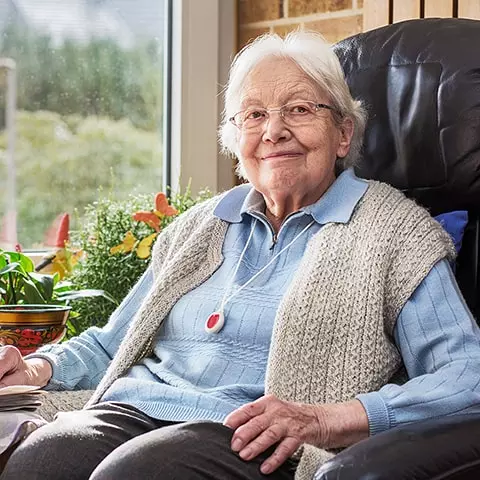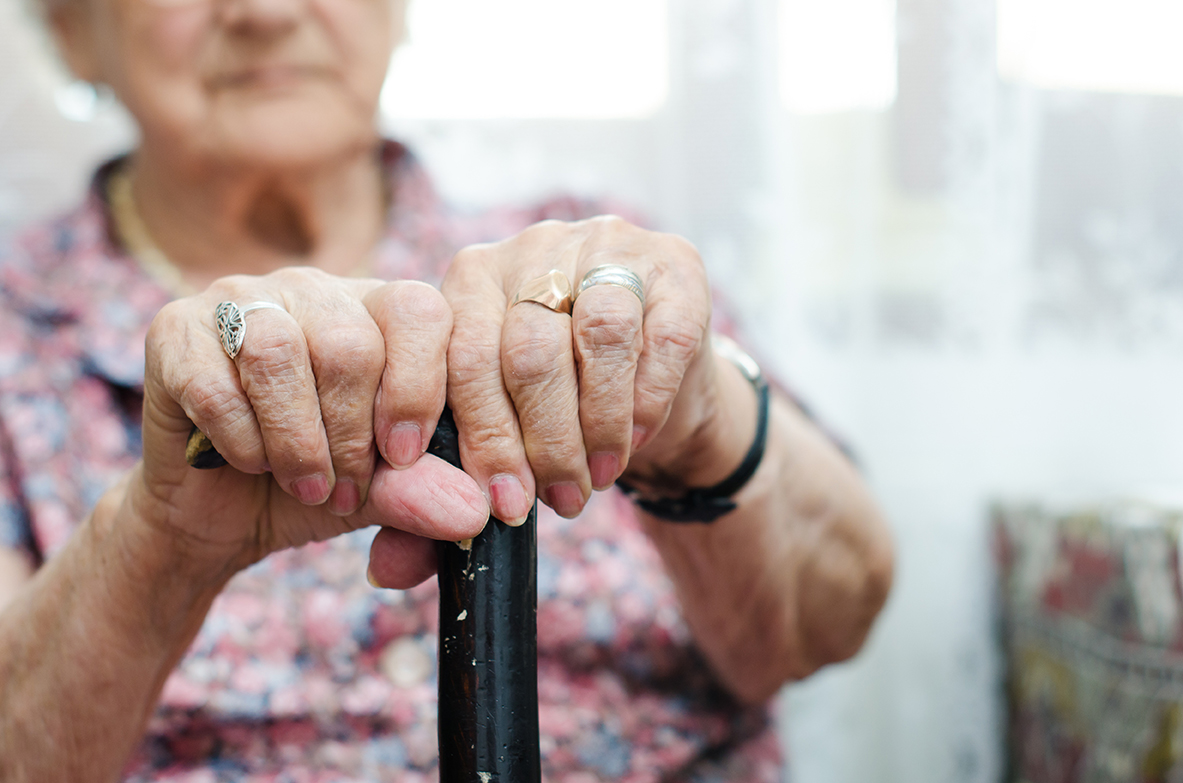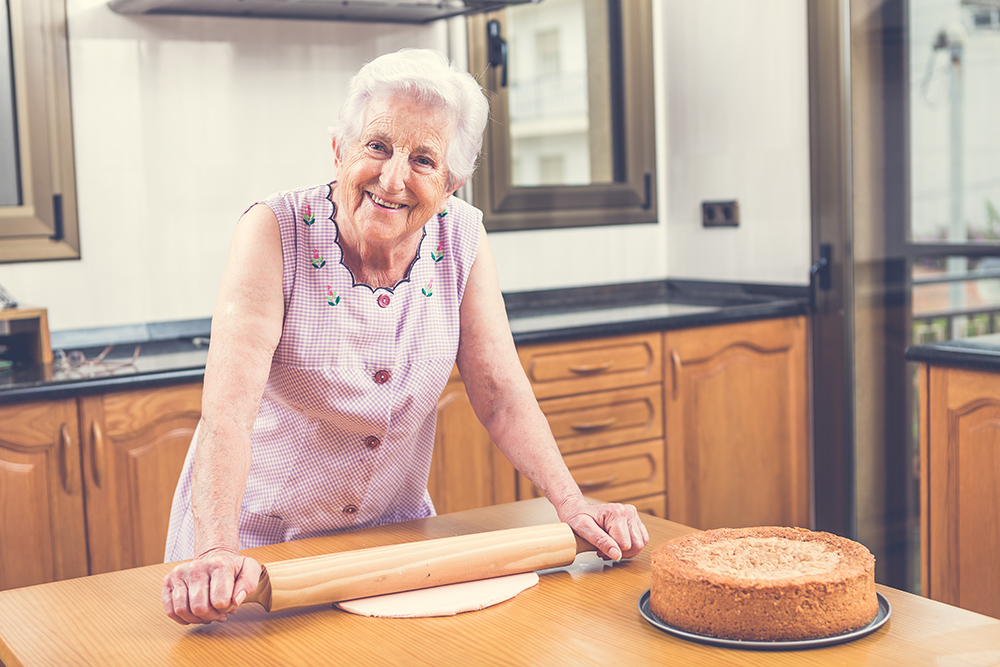
As the global population continues to age, the role of caregivers becomes increasingly significant. Caregivers play a vital part in providing support and assistance to the elderly, ensuring they maintain a high quality of life as they navigate the challenges that come with aging. In this article, we will explore the crucial role of caregivers in aging populations, the challenges they face, and the importance of recognizing and appreciating their invaluable contributions
The significance of Caregivers: Unsung heroes in our aging societies
In the tapestry of our communities, caregivers are the often-overlooked threads that hold everything together, especially in our aging societies. Their roles are diverse and multifaceted, encompassing a wide array of responsibilities that are crucial for the well-being of our elderly loved ones.
Find YOUR ideal care home NOW!
Assisting with activities of daily living (ADLs)
From the simplest tasks like bathing and dressing to more complex endeavors like meal preparation and medication management, caregivers provide invaluable assistance with the activities of daily living. Their support ensures that the basic needs of the elderly are met, fostering independence and dignity.
Providing emotional support
Beyond physical assistance, caregivers offer a profound sense of emotional support to the elderly. Their companionship and presence create a nurturing environment that alleviates feelings of isolation and loneliness, promoting mental and emotional well-being.
Advocating for healthcare needs
Navigating the complexities of the healthcare system can be daunting, especially for the elderly. Caregivers serve as advocates, ensuring that their loved ones receive the appropriate medical care and treatment. From scheduling doctor's appointments to coordinating with healthcare providers, caregivers play a vital role in safeguarding the health of the elderly.
Managing household responsibilities
In addition to caregiving duties, caregivers often take on the responsibility of managing the household. From maintaining a safe and comfortable living environment to handling logistical tasks, such as shopping and transportation, caregivers ensure that the needs of the elderly are met on all fronts.
Challenges faced by caregivers
While the role of caregivers is incredibly rewarding, it also comes with its fair share of challenges:
Emotional stress: Witnessing the decline in the health of a loved one can take a toll on caregivers, leading to stress, anxiety, and depression.
Physical strain: The physical demands of caregiving, including lifting, assisting with mobility, and performing household chores, can result in physical strain and exhaustion.
Balancing work and caregiving: Many caregivers must juggle their caregiving responsibilities with work commitments, often leading to feelings of overwhelm and burnout.
Financial burden: Providing care for an elderly loved one can incur significant financial costs, including medical expenses, home modifications, and lost income due to reduced work hours.
Recognizing and appreciating caregiver contributions
Acknowledging the contributions of caregivers is essential for several reasons:
Emotional support: Recognizing the efforts of caregivers reinforces the emotional support they provide to their loved ones, validating their dedication and compassion.
Reducing burnout: Appreciation and acknowledgment can help alleviate caregiver burnout, motivating them to continue their essential work with renewed vigor.
Raising awareness: By shining a spotlight on the contributions of caregivers, we raise awareness about the challenges they face and the need for support and resources within our communities.
Improving care quality: Caregivers who feel appreciated and supported are better equipped to provide high-quality care to the elderly, ultimately enhancing their quality of life.
Common Challenges Faced by Caregivers and Solutions
| Challenge | Impact on Caregiver | Possible Solutions |
|---|---|---|
| Emotional Stress | Leads to anxiety, depression, and emotional exhaustion | Seek counseling, join support groups, practice self-care |
| Physical Strain | Increased risk of fatigue, injury, and burnout | Use proper lifting techniques, arrange for respite care |
| Balancing Work and Caregiving | Difficulty managing job responsibilities alongside caregiving | Request flexible work hours, delegate tasks to other family members |
| Financial Burden | Strain due to medical expenses, home modifications, and lost income | Explore financial aid programs, seek government or community support |
As our societies continue to age, caregivers will remain indispensable pillars of support, providing compassionate care and improving the quality of life for our elderly population. It is imperative that we recognize and appreciate their invaluable contributions, ensuring that they receive the support and resources they need to continue their vital work. Together, we can honor the unsung heroes who dedicate their lives to caring for our aging loved ones, enriching the fabric of our communities with their selflessness and compassion.
FAQ:
1. What are the main responsibilities of a caregiver?
Caregivers assist with daily activities, provide emotional support, advocate for healthcare needs, and manage household tasks to ensure seniors’ well-being.
2. How does caregiving affect the emotional health of caregivers?
Caregivers often experience emotional stress, anxiety, and burnout due to the demands of their role. Seeking support, practicing self-care, and using respite care can help manage stress.
3. What financial challenges do caregivers face?
Caregivers may incur costs for medical care, home modifications, and reduced work hours. Exploring financial aid, grants, and government assistance can help ease the burden.
4. How can caregivers balance their work and caregiving duties?
Requesting flexible work schedules, delegating caregiving tasks, and accessing respite care services can help caregivers maintain balance.
5. Why is it important to recognize and appreciate caregivers?
Acknowledging caregivers’ efforts reduces burnout, motivates them, and improves the overall quality of care they provide to their loved ones.
We are here to help you choose a care home or facility best suited to your needs. Do not hesitate to contact us on the following number: 0230 608 0055 or fill out this form.
Do you need a care home for yourself or your loved one?
Share this article :
Latest posts
You are looking for an establishment for your loved one ?
Get availability & prices
Fill in this form and receive
all the essential information
We would like to inform you of the existence of the opposition list for telephone canvassing.







.jpg)



